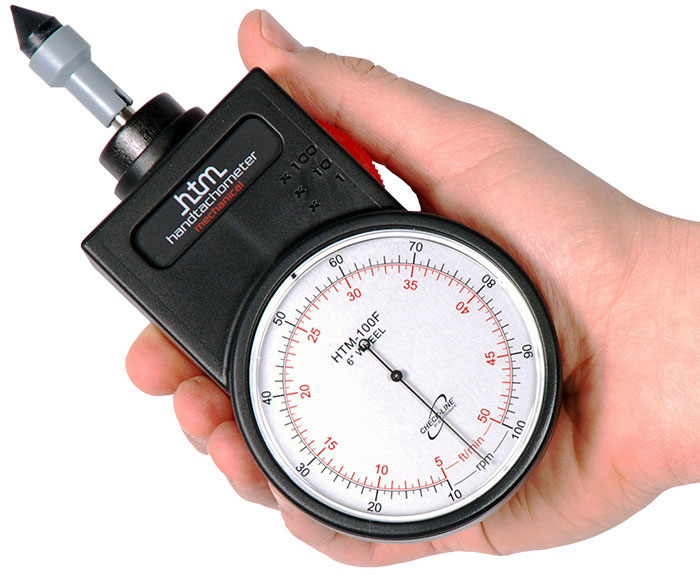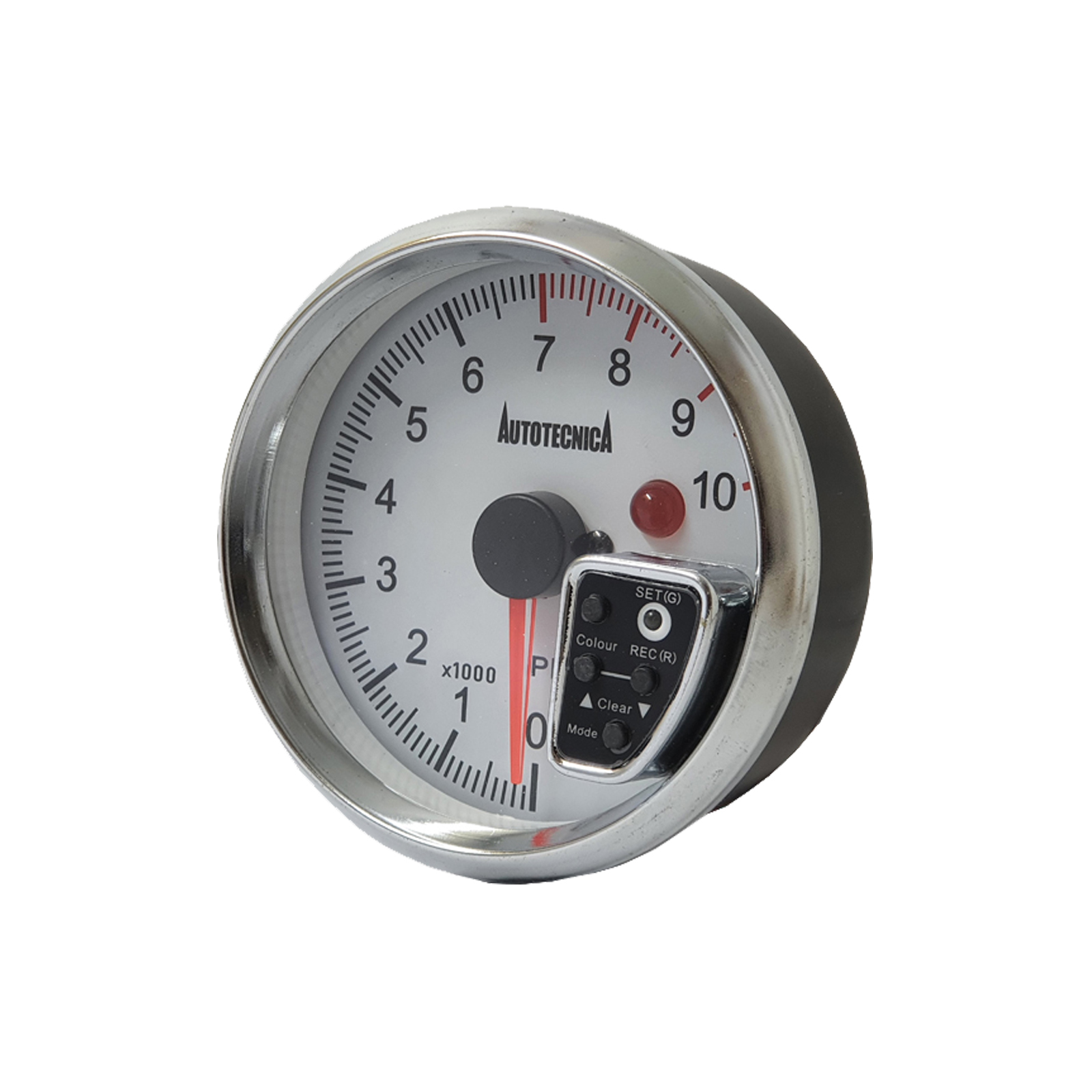How to Choose the Right Tachometer for Your Automobile or Motorbike
How to Choose the Right Tachometer for Your Automobile or Motorbike
Blog Article
Checking Out the Features and Benefits of a Tachometer: A Comprehensive Overview for Auto Lovers
In the world of automobile instrumentation, the tachometer stands as a vital device that supplies drivers important understandings into their car's efficiency. tachometer. From supplying real-time data on engine speed to helping in optimizing gear changes, the tachometer acts as even more than simply a dial on the control panel. Its multifaceted features not only enhance driving experience but also play an essential duty in maintaining engine wellness and performance. As we explore the detailed operations and benefits of a tachometer, a deeper understanding of its importance for automobile enthusiasts and professionals alike will unravel.
Comprehending the Basics of a Tachometer
In the realm of auto instrumentation, comprehending the fundamentals of a tachometer is essential for any car lover wanting to explore the intricacies of engine efficiency monitoring. A tachometer, usually shown on the control panel of a car, gauges the engine's changes per min (RPM) This important tool gives real-time data on how quick the engine crankshaft is rotating. By keeping track of the RPM, vehicle drivers can ensure they are running within the optimal array to make the most of efficiency and efficiency.
Tachometers generally have a range noted in revolutions per minute, with a redline suggesting the optimum speed at which the engine can safely operate (tachometer). This info is essential for avoiding engine damages and optimizing gear moving for hand-operated transmissions. In addition, tachometers can assist in identifying engine issues such as misfires or a falling short ignition system by spotting irregular RPM readings
Value of Checking Engine Speed

Monitoring engine rate is an important element of automobile maintenance and efficiency optimization for vehicle enthusiasts and professionals alike. The engine rate, determined in transformations per min (RPM), suggests how quickly the engine's crankshaft is turning. By maintaining a close eye on the RPM, motorists can guarantee that the engine is operating within the ideal range, protecting against prospective damage from over-revving or delaying. Keeping an eye on engine speed is specifically important during gear changes, as it aids chauffeurs establish the correct time to transform equipments for smooth velocity and effective fuel intake.
Additionally, tracking engine speed can also provide important insights into the overall health of the vehicle. Overall, keeping track of engine rate with a tachometer is an essential method that can enhance driving performance, lengthen engine life, and make certain a safer and more enjoyable driving experience.
Enhancing Efficiency Via Gear Shifts
Proper equipment moving makes sure that the engine runs within its optimum power band, allowing for smooth velocity and improved fuel economy. When changing gears, it is important reference to pay focus to the engine rate suggested on the tachometer.

To achieve peak efficiency via equipment shifts, vehicle drivers need to exercise smooth and timely shifts in between equipments, matching engine rate with roadway rate to harness the full possibility of their automobile's powertrain.
Optimizing Effectiveness With a Tachometer
Understanding the art of equipment changing in high-performance cars not just enhances driving experience yet additionally plays a critical role in making the most of effectiveness with a tachometer. tachometer. By paying very close attention to the tachometer analyses, drivers can maximize their gear changes to run within the engine's most effective variety. When accelerating, changing equipments at the ideal RPM indicated by the tachometer can avoid the engine from exhausting or underperforming, resulting in improved gas efficiency and total performance
Furthermore, a tachometer aids drivers stay clear of unnecessary revving, which not only loses gas however additionally puts unnecessary pressure web link on the engine. Regularly monitoring the tachometer while driving enables smoother gear changes, minimizing wear and tear on the transmission system over time.

Advanced Tips for Tachometer Utilization
To dig right into advanced tips for tachometer use, consider incorporating the use of shift lights. Shift lights are visual signs that brighten when it's time to change equipments based on engine changes per minute (RPM), permitting for seamless equipment changes without frequently keeping track of the tachometer. By fine-tuning shift factors and establishing alerting thresholds, motorists can enhance velocity and engine performance while minimizing the danger of over-revving.
Conclusion
In final thought, the tachometer works as a critical device for cars and truck enthusiasts to check engine rate, enhance performance through equipment shifts, and maximize efficiency. By recognizing the functions and advantages of a tachometer, vehicle drivers can enhance their driving experience and extend the life expectancy of their vehicle. Making use of sophisticated suggestions for tachometer utilization can better enhance driving skills and total efficiency on the road.
Report this page